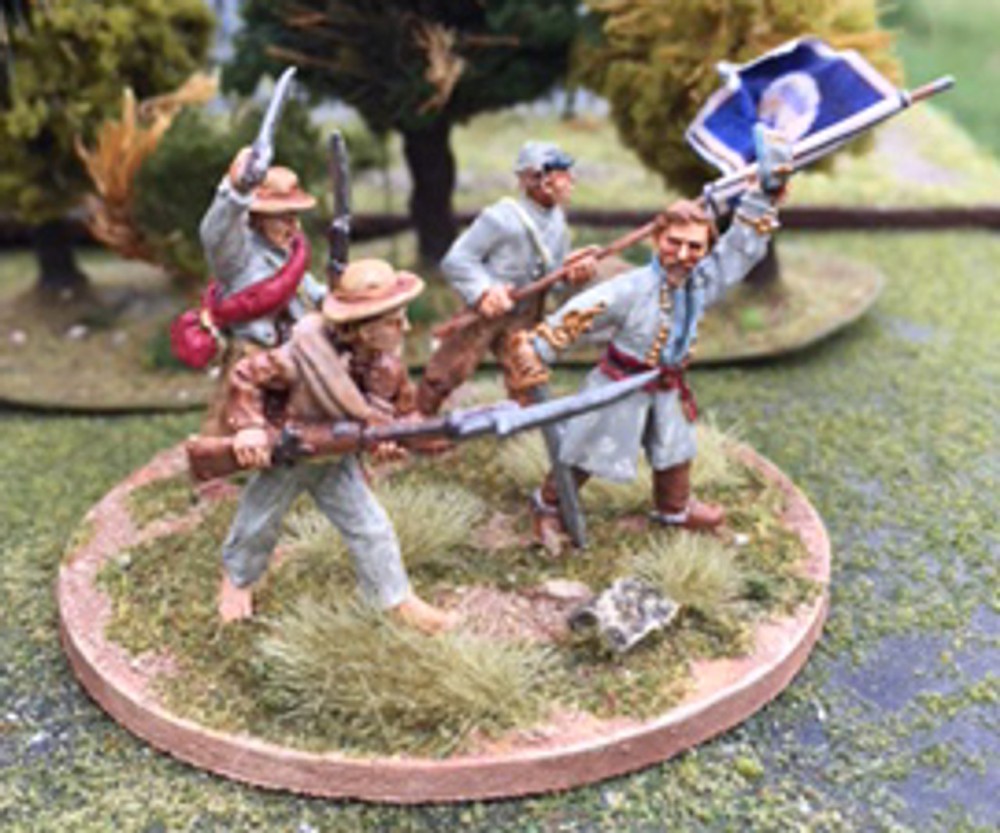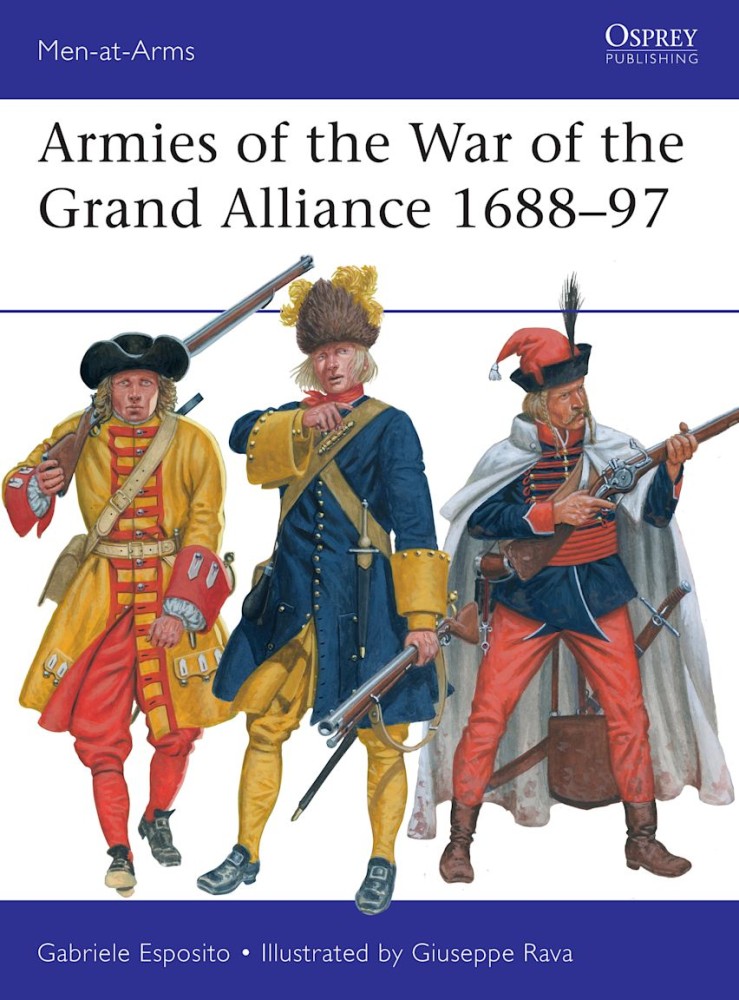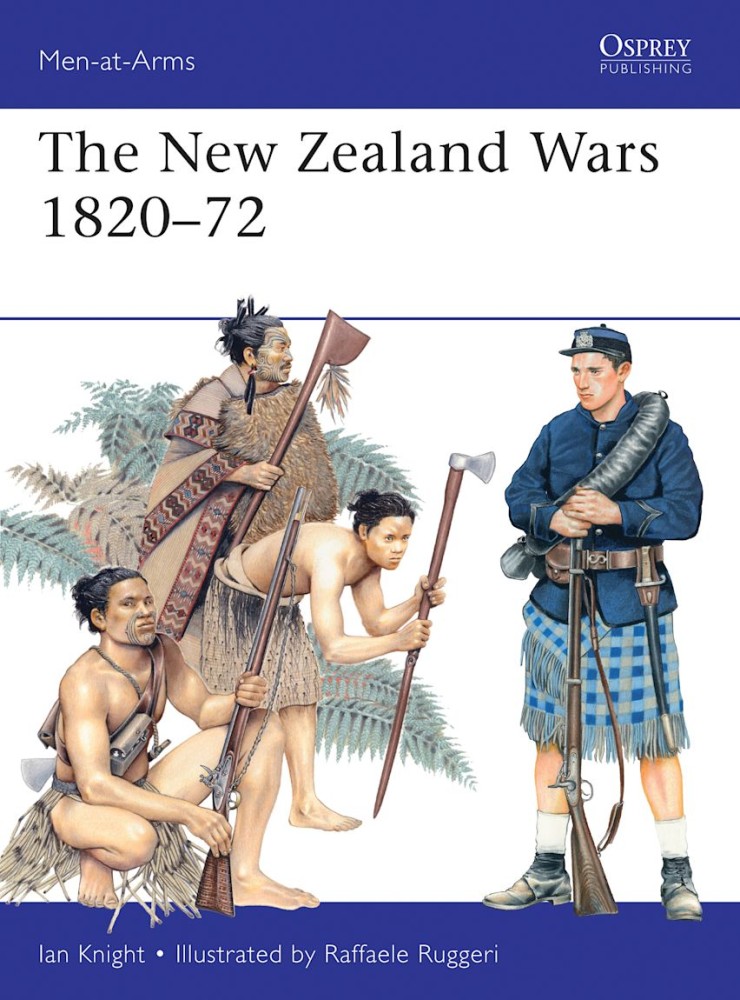30 November 1864. General Hood has lead the Army of Tennessee in a desperate bid to turn the tide of the war by invading Tennessee.
Following a failed attempt to trap the Union Army of Ohio at Spring Hill, Hood discovered the same force dug in around the outskirts of Franklin. Hood orders a frontal assault on the Union works, fearful of allowing General Schofield's force from reaching the near impregnable defensive works of Nashville.
Six infantry divisions, including that of Irish born Patrick Cleburne, charged the Union forces. General Cleburne, nicknamed "the Stonewall of the West," was a talented commander and beloved by his men and on that fateful day, he would lead them bravely into the inferno of Union musket and cannon fire.
By the end of battle 6 generals, including Cleburne, were dead or mortally wounded. 55 of the Army's regimental commanders were dead or wounded.
This vignette depicts Cleburne and some of his men in their last moments.
This title explores and illustrates the armies of France, and six countries allied against Louis XIV, in a wide-ranging Continental conflict that ushered in more than a century of European warfare.
Between 1845 and 1872, various groups of Maori were involved in a series of wars of resistance against British settlers. The Maori had a fierce and long-established warrior tradition and subduing them took a lengthy British Army commitment, only surpassed in the Victorian period by that on the North-West Frontier of India. Warfare had been endemic in pre-colonial New Zealand and Maori groups maintained fortified villages or pas. The small early British coastal settlements were tolerated, and in the 1820s a chief named Hongi Hika travelled to Britain with a missionary and returned laden with gifts. He promptly exchanged these for muskets, and began an aggressive 15-year expansion. By the 1860s many Maori had acquired firearms and had perfected their bush-warfare tactics. In the last phase of the wars a religious movement, Pai Maarire ('Hau Hau'), inspired remarkable guerrilla leaders such as Te Kooti Arikirangi to renewed resistance. This final phase saw a reduction in British Army forces. European victory was not total, but led to a negotiated peace that preserved some of the Maori people's territories and freedoms.



